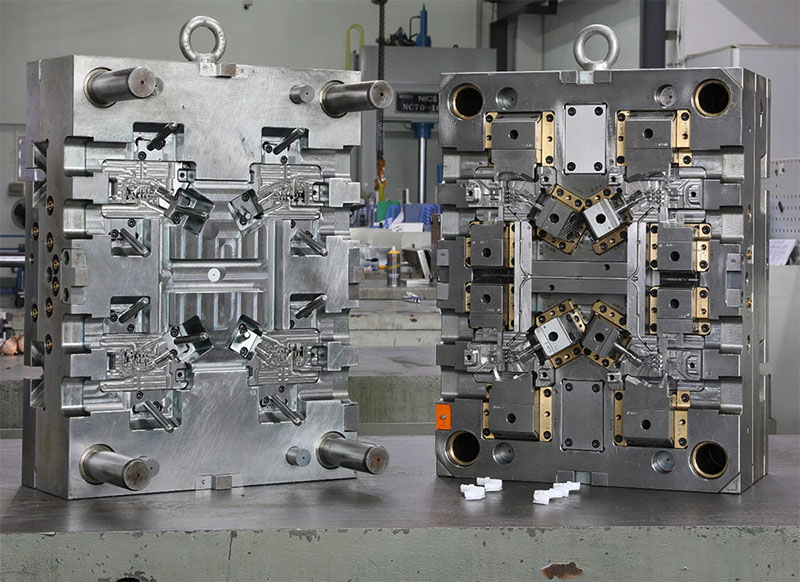Injection Molding Industry Embraces Sustainability to Reduce Environmental Impact
2025-02-24

As the global push for eco-friendly manufacturing gains momentum, the injection molding industry is making significant strides in adopting sustainable practices. Long known for its reliance on energy-intensive processes and the use of non-biodegradable plastics, the industry is undergoing a transformative shift, leveraging innovative technologies and materials to minimize its environmental footprint.
One of the key drivers behind this transition is the growing consumer demand for green products. Increasingly conscious of the impact of their purchasing decisions, consumers are putting pressure on manufacturers to provide more sustainable alternatives. This has prompted injection molding companies to reevaluate their operations and explore ways to reduce waste, conserve resources, and minimize carbon emissions.
"Sustainability has become a top priority for our industry," says Sarah Johnson, director of sustainability at a leading injection molding firm. "We recognize that our customers and the broader public expect us to be responsible stewards of the environment, and we are committed to meeting and exceeding those expectations."
One of the most prominent sustainable practices emerging in the injection molding industry is the use of renewable and recycled materials. Traditional petroleum-based plastics are being replaced with bioplastics derived from renewable sources, such as corn, sugarcane, and even agricultural waste. These materials not only reduce the industry's reliance on finite fossil fuels but also offer the potential for biodegradability and improved recyclability.
"The development of high-performance bioplastics has been a game-changer," says Dr. Aisha Ramirez, a materials scientist at a prominent research institute. "These materials allow injection molders to create durable, functional products with a significantly lower environmental impact. It's a win-win for both the industry and the planet."
In addition to material innovations, injection molding companies are also implementing more energy-efficient production processes. This includes the use of advanced mold-cooling technologies, which reduce the energy required to maintain optimal temperatures during the molding cycle. Additionally, the adoption of precision control systems and real-time monitoring has enabled manufacturers to optimize their process parameters, further reducing energy consumption and waste.
"We've seen a remarkable improvement in our energy efficiency over the past few years," says John Lee, operations manager at a mid-sized injection molding facility. "By investing in the latest equipment and implementing lean manufacturing principles, we've been able to cut our energy usage by over 20% while maintaining our production targets."
Beyond the manufacturing process, injection molding companies are also focusing on the end-of-life management of their products. Initiatives such as product take-back programs and partnering with recyclers have enabled the industry to increase the recycling and reuse of plastic components. This circular economy approach not only reduces waste but also helps to conserve valuable resources and reduce the demand for virgin materials.
"Closing the loop on plastic products is crucial for the long-term sustainability of our industry," says Sarah Johnson. "By encouraging our customers to return their used products and working with recyclers to give those materials new life, we can minimize the amount of plastic ending up in landfills or the natural environment."
The injection molding industry's embrace of sustainability has also extended to its facility operations. Many companies have implemented eco-friendly practices, such as the use of renewable energy sources, water conservation measures, and waste reduction strategies. These efforts not only reduce the industry's environmental impact but also contribute to cost savings and improved operational efficiency.
"Sustainability is no longer just a buzzword; it's a fundamental business strategy," says Dr. Aisha Ramirez. "The injection molding companies that are able to effectively integrate sustainable practices into their operations will be the ones that thrive in the long run, as consumer preferences and regulatory frameworks continue to shift in favor of environmentally responsible manufacturing."
As the injection molding industry continues to evolve, the commitment to sustainability is expected to deepen. With ongoing technological advancements, the development of more sustainable materials, and the implementation of innovative production processes, the industry is poised to play a crucial role in the global transition towards a greener future.

